IDOL
By Lisabelle Tay
Minouk Lim - L’homme à la caméra (2015), FRP mannequin, fabric, feathers, broadcast camera, 225 cm x 68 cm x 58 cm
Image description: A solitary human-like figure stands in front of a dark-green background, wearing a green-and-gray, nylon windbreaker and a pair of red-and-white safety gloves. Instead of a head, a large Panasonic camera is attached to their neck. The human figure’s hands are raised over the camera lens, as if to cover the figure’s face. Instead of legs, the bottom half of the figure is made entirely of black feathers.
It seemed facile that he should be like this now because his father had more than once ripped up his worksheets, when he was a child having coloured outside the lines, and flung the pieces in his face; yet he found himself holding on to the memory, to that thread of contempt held taut between father and son, as if it were something physical he could touch and see—proof that whatever was in his father had also rooted deep within him, taking hideous shape.
I’m sorry, I’m sorry, said the makeup artist, bowing and shuffling like a eunuch.
(At least two of the other members were watching him. I'm tired of managing you, one of them had said to him, just yesterday.)
He resisted the urge to stand and push past her in the way his father had perfected, a movement that seemed almost accidental and yet was hard enough to humiliate; he resisted the urge to move at all, except that he could never control his jaw. It clenched even in his sleep. The effect was more pronounced on the right side, so he visited the aesthetician every six months for an injection in his masseter muscles, to keep his face gentle, symmetrical, pleasing.
There wasn’t time to remake his face now. The electronic countdown had begun, beeping through the sprawl of corridors backstage. He nodded curtly at the makeup artist, who fled from the reprieve. He resisted swearing. He rose to stretch. He closed his eyes so he would not see, in the mirrors surrounding him, the uneven, incompetent flick of eyeliner. A flush prickled up his neck into his face, and he knew he was caught in the bright gleaming eye of each camera—two on either side, one mounted on the mirror, another mounted above the door, and finally a pair borne aloft by masked cameramen, roving and restless. A mechanical spider examining its prey.
The company wouldn’t release the footage, but he knew, as they all did, that nothing was ever deleted. And he had once again given them proof of his true self, the one his anti-fans could see and told him repeatedly to obliterate. Kill yourself, they said a thousand times over. Kill yourself. He saw the footage now, even as he collected his mike and huddled with the other members under the stage, which shook beneath the crowd's ecstatic roar: his blotchy, contoured face with its puffy eyes forced shut, crumpling like a child's about to cry.
#
Recently the group had gone on a variety show, a rare occurrence now that they’d made it. They didn’t need the exposure, and it was hard to control their image in an environment created to tear it down. In their debut years they’d had no choice, of course, and had done all sorts of things to present themselves as humble, relatable, the products of hard work and good upbringings. They once scooped the seeds out of fresh chillies, swallowed them down with Calpis; as they flopped around struggling to breathe the emcees hit them with large toy hammers, and to this day he remembered the vile squeaking as Iseul ran off-camera to vomit, returned grinning, wiping his mouth with good-natured determination, only to be told: Sit down, sit down there. The camera will stop working if you keep showing your ugly face. So Iseul—the baby of the group, admittedly coddled by them all—sat in the corner all day, jumping up to bow whenever the most senior emcees walked by.
At the end of the day they were what they were. He'd felt even then that there was a vitriol reserved for their class of entertainer, set aside like an unwanted drink and conspicuously absent from episodes featuring actors, emcees, serious musicians. Idols were acceptable targets. They made themselves so. Still, the group had cried when they finally returned home after filming the chilli episode, all of them, even Hoon, the eldest, who hadn’t cried at his grandparents’ funerals. Sorrow was one thing, the idol had thought, watching his hyung. Shame another.
The dorm cameras had recorded this, too.
Now, trundling home post-concert, post-debrief, in the back of the van, he opened the app that served as a portal between the group and their fans. They’d already gone live after the concert, as was tradition—something ground into a shared reality that roused anger and discomfort if subverted or ignored. But he knew he’d lacked energy during the livestream. (Scrolling restlessly through the chat, he’d gotten stuck on a particular recurring comment: Pig nose. Pig nose. Pig nose.)
He raised his phone, pressed a hand winsomely against a cheek, pouted; selected the best photo, edited it, sent it through the portal. I'm sorry, I was tired, I will do better, said the accompanying text. I am lacking. Thank you for the love. Fighting!
He was alone in the car. This Chuseok they had finally done it, overcome the inertia of ten years living together, including their trainee days, and moved out to their own apartments. They’d purchased the units years ago on the heels of their first real success, somewhat close to each other even though they hadn't really discussed it, as if by instinct or habit; he’d marked each location on his maps app, and when he pinched the screen and zoomed out, the cluster of marker balloons collapsed into a single red blotch.
But the apartments had been mere investments or, in some cases, filial gifts. (He had offered to buy his father one. Don’t waste your money, his father had said, lip curling.) It had seemed unimaginable at the time that they would one day cease to coexist in the small corner unit at the top of Block A, paid for and watched over by the company. Cluttered with a decade of paraphernalia. Endowed with the blood of myriad teenage fights.
Things were different now. Their recent variety show experience had been toothless, at times even fawning, uncomfortably so. They had built themselves a reputation so outsized, so mythic, that the grinding machine ambition of their management would never allow it to crumble, and at any rate they only had one day off every two months. They no longer had to be monitored at home.
The other four were thriving, he thought, with their pets and parents and secret girlfriends. They enjoyed the space; they were full people, and therefore filled it up simply by existing. But he couldn’t do it, no matter how hard he tried. He was, as his father had recently called him from the hospice to say, and as he had only seconds ago admitted to on the Internet, lacking. Therefore he missed sharing a room with the others, lying warm at night listening to the wheeze of Deokhwan’s CPAP machine.
He’d left the fan portal open, and his phone lit the dark van with the usual flood of messages. Go to sleep, they chided, one after another. It was 5am in Seoul! He’d worked so hard for the concert, for them. Of course he was exhausted. He didn’t have to apologise. Didn’t he know he was loved? Loved. So loved.
Outside the car it began to snow. He began to laugh.
#
It was an accident, really, how he discovered the room. It was directly below the practice room he’d been looking for, an air-conditioned cavern filled floor to ceiling with dusty blinking servers, each tower aglow with jaundiced light. Each tower was bisected from the next by narrow corridors so that the whole place seemed like a humming electronic maze. It was empty.
The dust made him sneeze, and this made him suddenly, inordinately, furious. For a room like this to open at the touch of his key card was to him an egregious failure, one so intolerable it merited the loss of someone’s job. He felt the heat rise in his face. He thought of how many memories must exist in these servers—each banal and shameful and glorious moment captured and stored, left here unsupervised below dust—and found himself slipping again into that shared understanding with his father, unwanted but potent, of how the brilliant surfaces of human overreach so often hid the churning rot of incompetence.
He laced his fingers together and held them over his stomach, then raised his arms to stretch; he breathed in (four counts), held his breath (four counts), exhaled. Four counts. Stretch and breathe, the company-mandated therapist had reminded him last week, stretch and breathe. You are prone to catastrophising.
They had been coached pre-debut on how to cultivate specific parts of their personalities, almost to caricature, and then to hold these images over themselves like shields. Iseul was the mood-maker, the cheerful one. Hoon was the intellectual one. Deokhwan was the calm flower boy. Han Sung, the charismatic one. And himself? He hadn’t had to think about it, his father had beaten discipline into him and so that was what he was: the disciplined one.
He waited for his hands to stop shaking and left the room, carefully shutting the door behind him. He called one of their managers as he made his way to the lift. Hello, he said, I have something to report. And he knew, as he spoke, that he was a fool.
#
Minouk Lim - L’homme à la caméra (2015), FRP mannequin, fabric, feathers, broadcast camera, 225 cm x 68 cm x 58 cm
Image description: A solitary human-like figure stands in front of a dark-green background, wearing a green-and-gray, nylon windbreaker and a pair of red-and-white safety gloves. Instead of a head, a large Panasonic camera is attached to their neck. The human figure’s hands are raised over the camera lens, as if to cover the figure’s face. Instead of legs, the bottom half of the figure is made entirely of black feathers.
The hospice worker on duty, Aera, was tender and inefficient. She had a plain moonlike face and warm, dry hands; she had touched his arm, once, to move him out of the way so that she could change his father’s bedpan. The spot stung each time he saw her and remembered how she had also, once, smiled sadly at him and observed that he and his father were so alike. (The blinking lights of surrounding medical paraphernalia had pinpricked her face in the dark, like pulsing blemishes; he had exited the room in disgust.)
He’s asleep, she said, but he told me to wake him when you arrive.
He looked past her at his father’s prone figure, waxy and crumpled. The old man had fallen asleep with his rosary in his hand, the Magdalene’s face worn smooth with agitation. He hated that rosary. Each time he’d had to hold it, as a child, he felt a little of himself leach away into it, until one day there had simply been nothing left. Even then his father had not been satisfied. Desiring escape, his father had said, is weakness.
How you present yourself, his father was now saying, is the most important thing. These days, if you are seen once, you are seen forever.
Yes, Father. Have they adjusted your medicine dosage? I hope you’re feeling—
His father leaned over and hit him on the cheek. It barely hurt. His strength had long wasted away. Don’t interrupt me, said the old man. You ingrate.
It always circled back to this, in the end. He was an ungrateful son who would never have risen above mediocrity without his father’s back-breaking effort. He was nothing without his father, and would have been nothing had his father made good on his threat to strike him off the family register; mercy and a father’s love had saved him. He should be grateful. He should live up to his potential, rise like scum on the surface of an old pond. His successes belonged to his father. His failures were his own.
You’ll be gone in a month, he thought, and his shoulders relaxed. He glanced at the CCTV in the corner, forced himself to smile.
I’m sorry, Father, I’m listening. He said this as blandly as possible and took pleasure in the faint colour that rose in the old man’s cadaverous face.
Your recent variety episode—why was it so long? You didn’t do anything. Just mumbled endlessly about nothing. The games were boring. Why did the CEO think this was a good idea?
He thought it would be good if we could answer certain questions on our own terms.
On your own terms… Hah. His father coughed, and a machine started beeping. I don’t know what’s the point. Variety exists to entertain the lowest common denominator. Isn’t that who your fans are? They should have gone for the old concepts… Remember the episode with the chilli seeds? I laughed until my stomach burned. Now that was funny.
It was humiliating, he said without thinking, immediately regretting it. His father looked at him slyly.
If you thought yourself above humiliation, you shouldn’t have become an idol, eh? You could have taken over the business, you could have become a prosecutor, anything. I paid for all those classes so you could graduate with top marks, and you—
He started to cough again. The machine’s beeping became more insistent, alarmed at whatever it had recorded. Weak, he spat between coughs. You have always been weak.
Aera reappeared, slipped between them with a glass of warm honey water. She rubbed the old man’s back and told him to rest, but he ignored her.
Thank God, he said, that your mother didn’t have to watch you grow up like this. The Lord spared her from all your cock-ups. Thank God, I say.
The idol rose and bowed as Aera looked anywhere but at them, a single line creasing the space between her eyebrows.
#
They had an early flight the following day and were therefore staying at the dorm, which the company had retained for such use. For this he was pathetically grateful.
Han Sung ambled into his room, peeling off a face mask. What are you doing, he sang, then stopped mid-peel; why are you crying, he asked. Why, don't cry. Why, what happened?
It was lucky that Han Sung had been the one to walk in on him. Han Sung, with his freshly-bleached hair pushed back with a hairband, eyes even larger than usual in his pale face. Han Sung, whom he loved best.
Don't cry. Han Sung climbed into bed with him and stroked his forehead as if treating a fevered child. I told you, he said, his breath reeking of toothpaste. If you're feeling bad again, you should tell us. Don't keep it all inside until it bursts like a vein.
Don't tell Hoon, he replied. He didn't want to deal with the judgment. Han Sung leaned away and flicked the back of his head.
Yah. Hoon is the one who asked me to check on you. You know, he probably understands you the most—come to think of it. Anyway, so? Do you want to tell me what happened?
There was no point. He loved him best, but Han Sung of all people wouldn't understand. He and his father were thick as thieves, they even spoke over the phone once a day. Han Sung’s father—who was the same age as his own father, just as they were the same age—sent him flowers backstage on the first night of every tour. And this was why he loved Han Sung, after all; his childhood had bestowed upon him the unshakeable belief that he was beloved, and not only beloved, but worthy of it. This in turn had shaped him into something without sharp edges, something kind, open and nourishing as a well. But for this he resented him, too.
No, he said finally. There's nothing to say.
#
That night he dreamed of the room again. Birds flew through the windowless space, magpies, geese, cormorants, doves and kingfishers, osprey and kites swooping through the beeping stacks, diving and rising through the air with a thousand lightsome wings. And now the narrow corridors were rivers gushing with watery life—reeds burst through tangles of wire as vines crept over the blinking towers and everywhere there was the rustle of life and sweetness. Now the birds were nesting and squabbling over fish, which fled darting quick through the water. Their scales flashed in the dark room. Scarlet. Gold. Sequins on a costume. A mirror showed him his face, a smooth unblemished oval without opening—no nose, no mouth. Now the birds had human voices, were singing the group's entire catalogue all at once; now the birds folded into machines wired to a corpse’s bed. Kill yourself, the machines trilled. Kill yourself. He plunged his hands into the water and closed his eyes, gave himself to the strange monstrous dawn.
#
Minouk Lim - Running on Empty (2015), installation view from The Promise of If (Plateu, Seoul, 2015), mixed media, dimensions variable
Image description: The installation is composed of numerous mixed-media sculptures placed around a room with dark-green walls. Some sculptures resemble human bodies and others resemble technical equipment. In the foreground, a sculpture made of yellow, organic material is shaped like a human torso; instead of a head, three long branches stem from its neck. To its right, a similar figure is made of black strings, with webs tangled around its branches. On the far right stands a lamp held up by a two-pronged, branch-like stand. On the far left there is a fan-shaped sculpture. On the top left, a long, thin branch hangs from the ceiling, holding up a piece of translucent material from its tip. In the background of the image, a rectangular façade of a shipping container hangs from the ceiling by white strings. The façade includes rusty walls, two metal-framed windows, and a door. It is lit by light bulbs on all four sides.
Deokhwan was sitting beside him on the plane. God, he said, stop talking about the damn room. The old building’s full of weird rooms like that, they probably retrofitted this one as a server room when they needed more space or whatever. So what? When we move to the new building I’m sure it’ll be very fancy and secure.
He avoided Deokhwan’s eyes, not wanting to fight. Deokhwan was, for all his merits, remarkably dense when it suited him. He was the sort of person who pretended to be dim out of sheer laziness. Although not as clever as Hoon, he was the most streetwise out of all of them; he knew how to turn a blind eye. Selfish, the idol thought, pulling his earphones down so he wouldn’t have to hear Deokhwan chewing. The word you’re looking for is selfish. When you resign yourself to the incompetence of others, you are complicit in the lowering of some unseen common standard; you are responsible, even to the smallest degree, for making life a little bit worse.
Deokhwan was likely right, however, about the room having once served a different purpose. Its walls were marked with rectangular patches lighter than their surroundings, a set of ghostly doors and windows where cabinets, perhaps, had once stood, protecting the wall behind them from years of grime. And its ceiling, he had observed while stretching, was latticed—inconceivably, haphazardly—with pipes.
The dream came to him again, swift and intrusive: the flooded, teeming room. He tried to turn his thoughts away from it, away from how, after calling his manager and demanding that the mistake be rectified, he had made his way to the dance studio one floor above, his original destination, and how he had prostrated himself on the pliable ground, closed his eyes, and listened for the sound of water.
He slid his phone behind his back, out of sight. He had cleared his Naver searches again and again, but somewhere, he knew, he would be implicated by a string of words stored on another server: Where to rent heavy-duty drill / How many people needed to drill through floor / How to break pipes in a building / Average response time for burst pipes in commercial building, Seongdong-gu / Server room flood management system / …
Someone tapped his shoulder. It was Han Sung asking if he intended to eat the prawn salad left on his tray, his guileless face tensed with concern. No, no, the idol said, unclenching his jaw. Here, have it. The grapes too. No, no, I’m fine. I’m fine.
Lisabelle Tay is the author of Pilgrim (The Emma Press, 2021). Her work appears or is forthcoming in Bad Lilies, Sine Theta, Crab Creek Review, and elsewhere. She lives in Singapore.
*
Minouk Lim (b. 1968) is an artist of many forms and has been creating works that are beyond the boundary of different genres and media, deepening the scope of questions while encompassing writing, music, video, installation, and performance as her modes of artistic expression. Lim's practice recalls historic losses, ruptures, and repressed traumas. Rooted in language, and specifically, the politics of expression, her work does not replay past events, rather, they elevate the experiences, memories, and feelings through the means of imagining or engaging structural beings of non-human witnesses in her performative sculptural objects and installations.
If you’ve enjoyed reading this article, please consider making a donation. Your donation goes towards paying our contributors and a modest stipend to our editors. Singapore Unbound is powered by volunteers, and we depend on individual supporters. To maintain our independence, we do not seek or accept direct funding from any government.




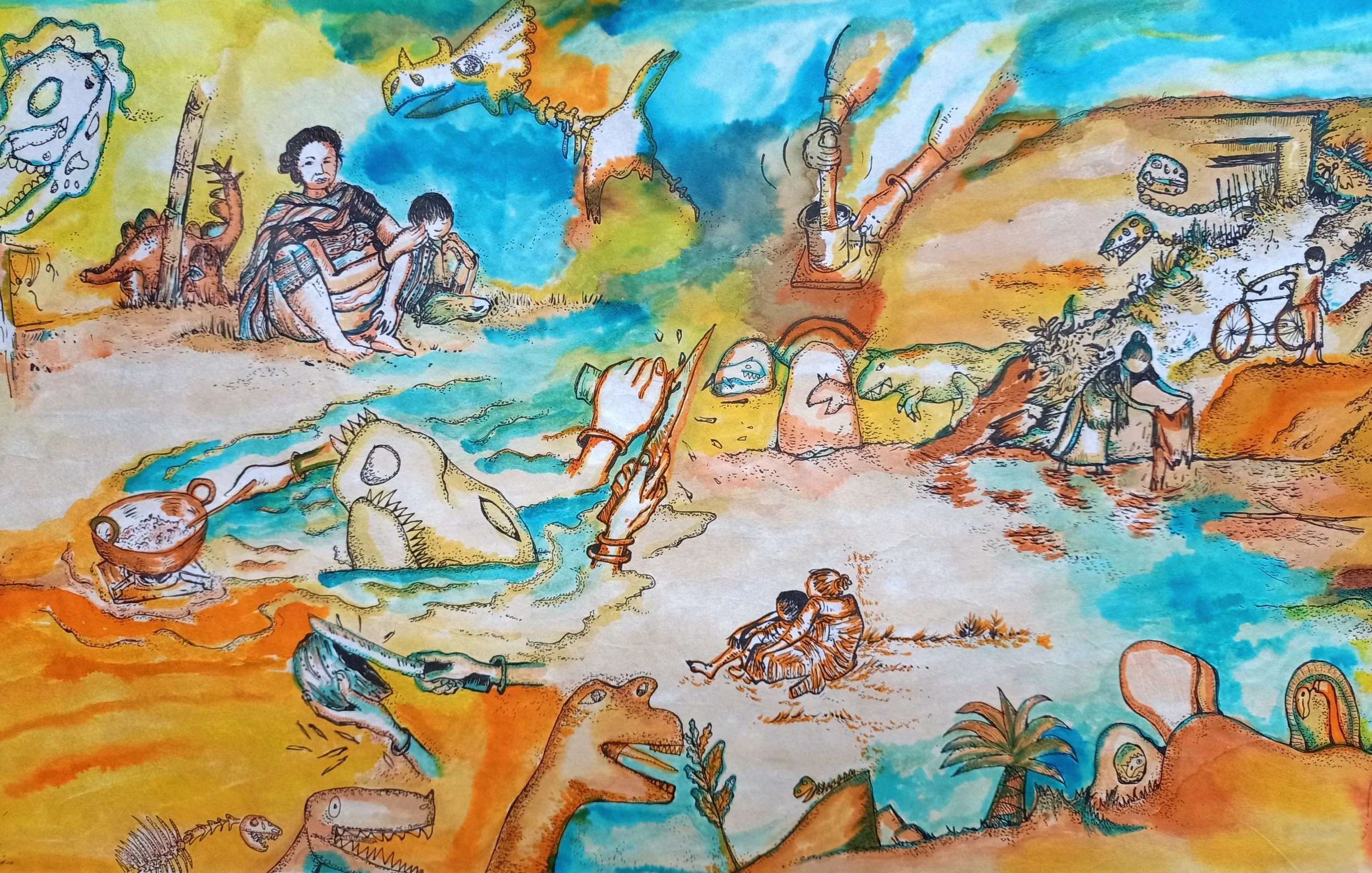
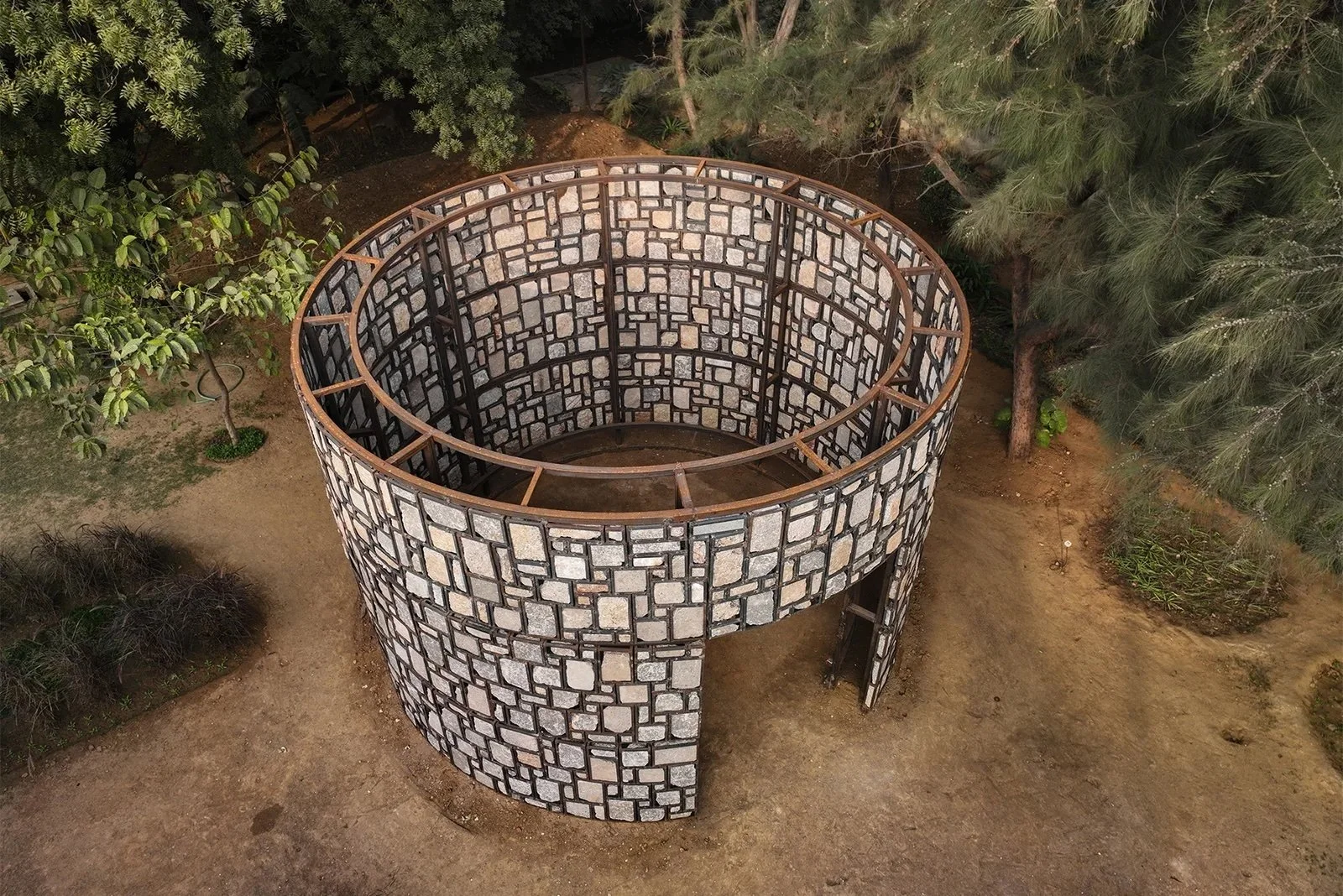
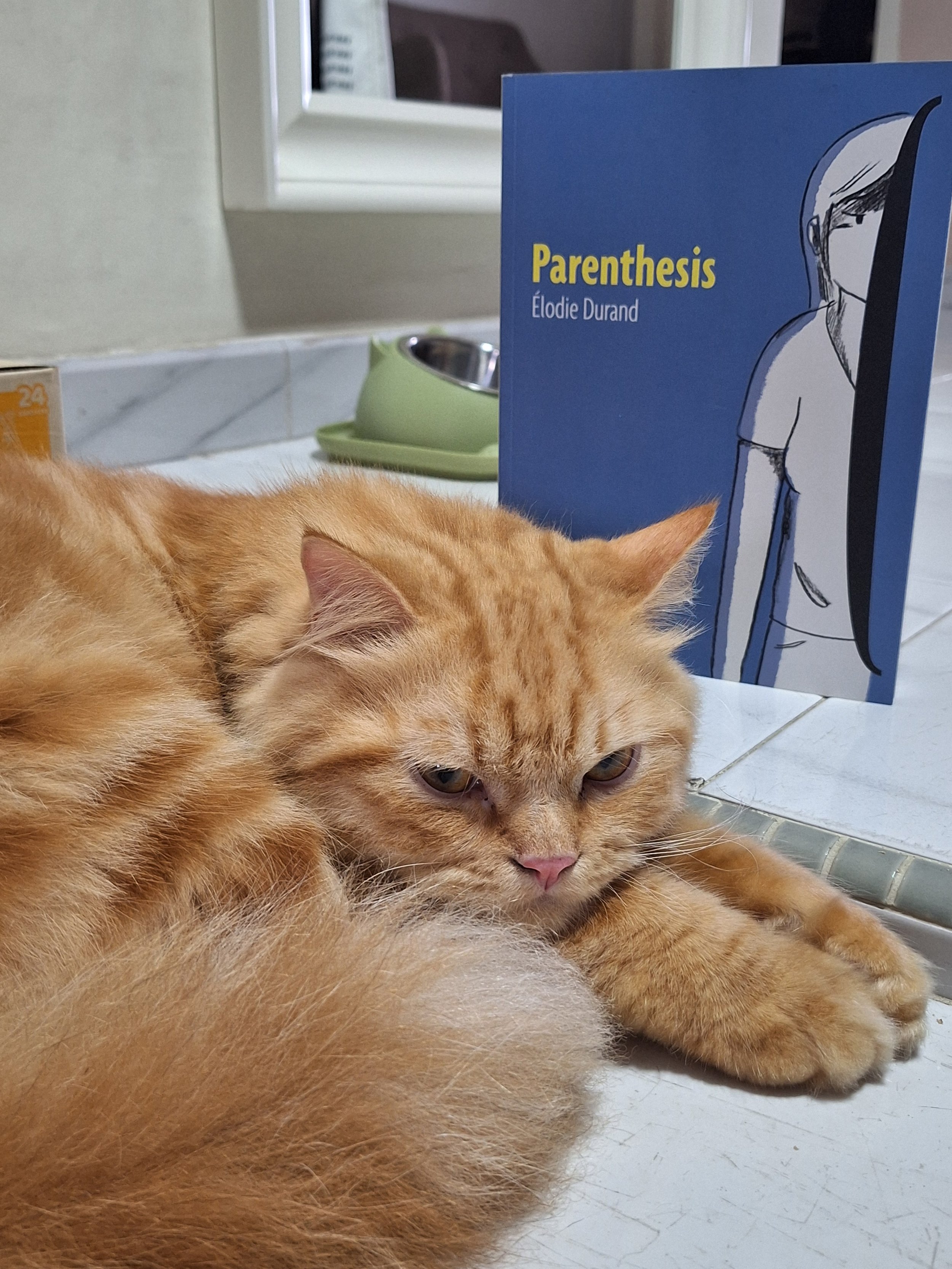
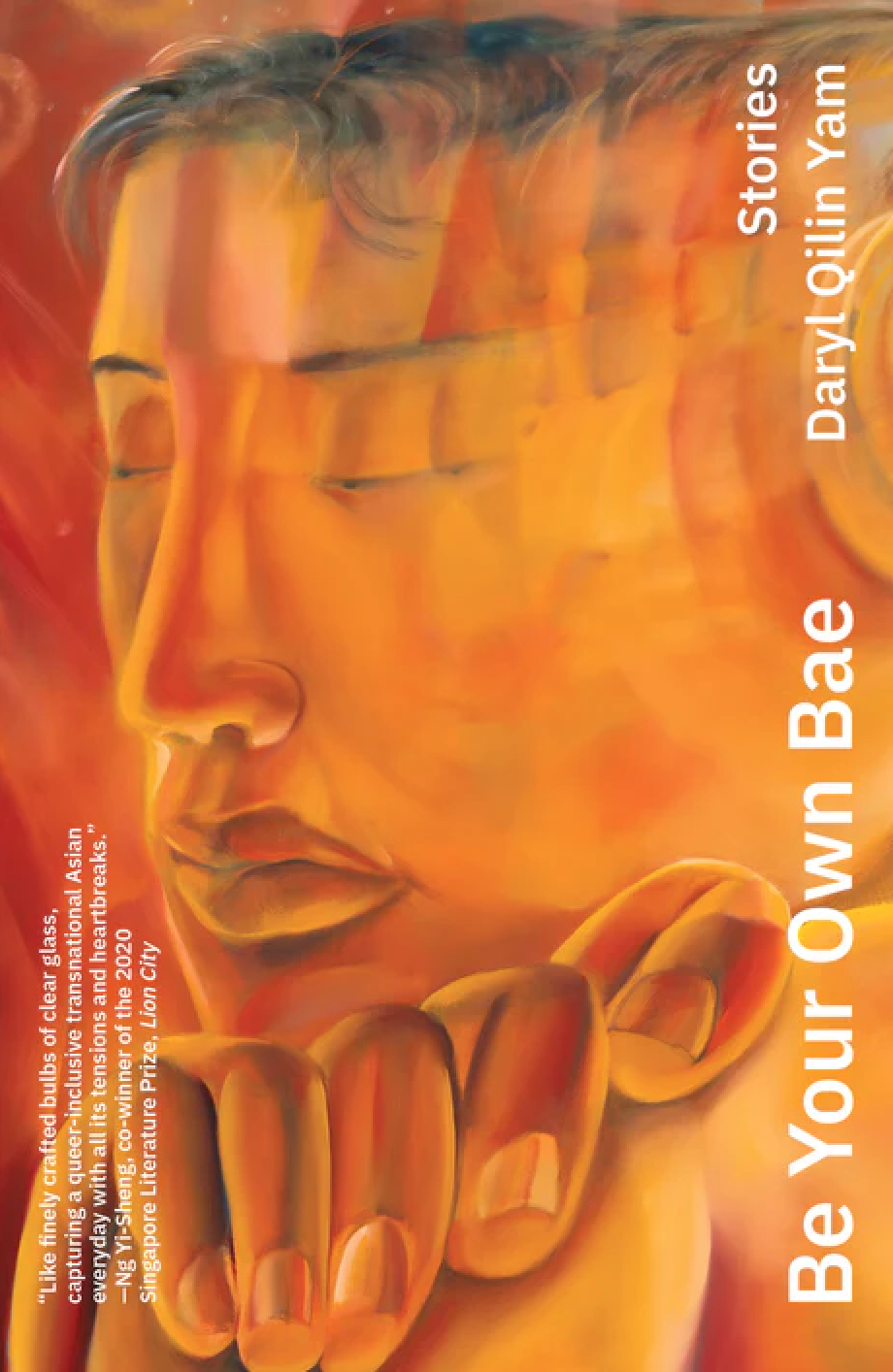
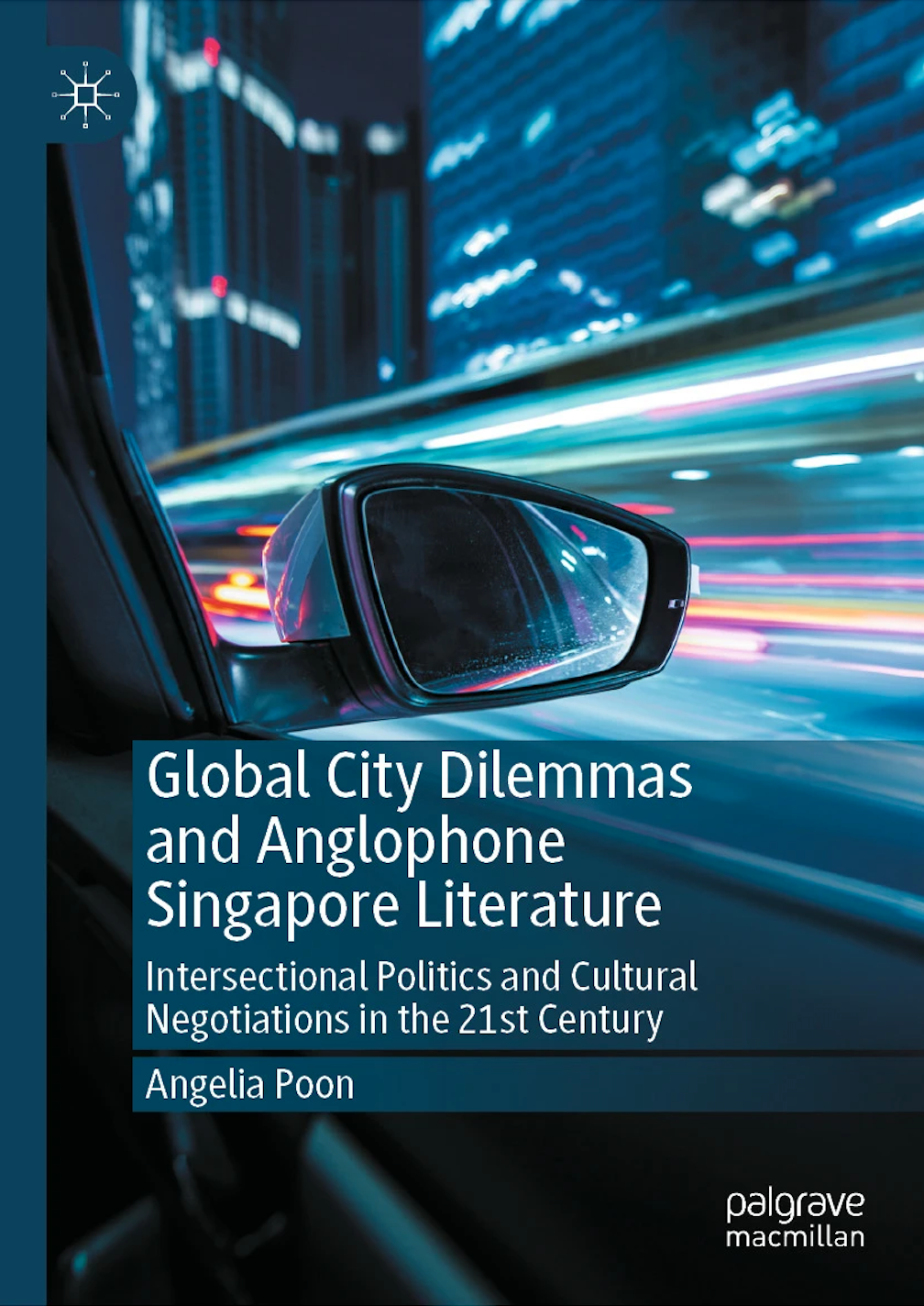
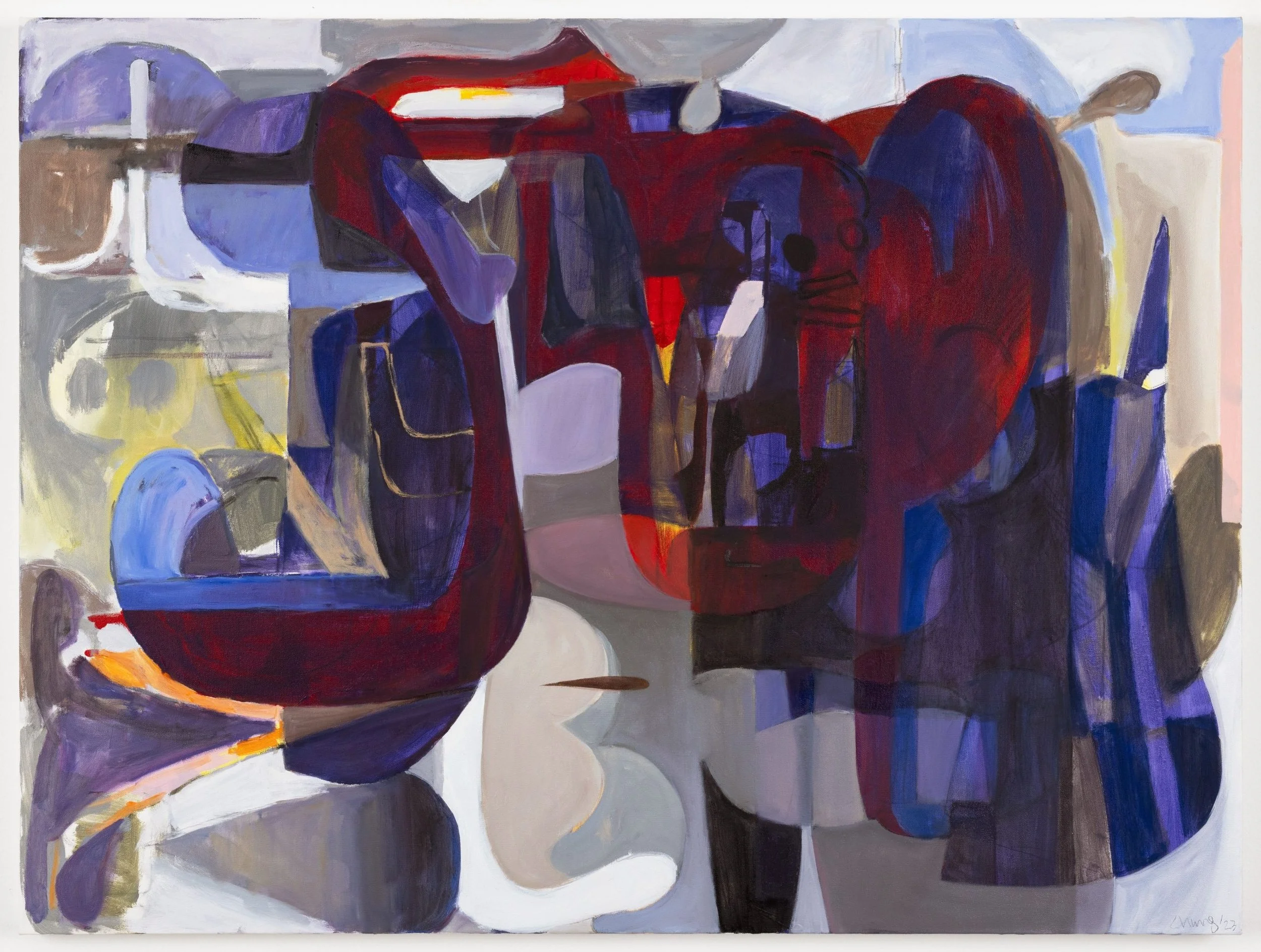
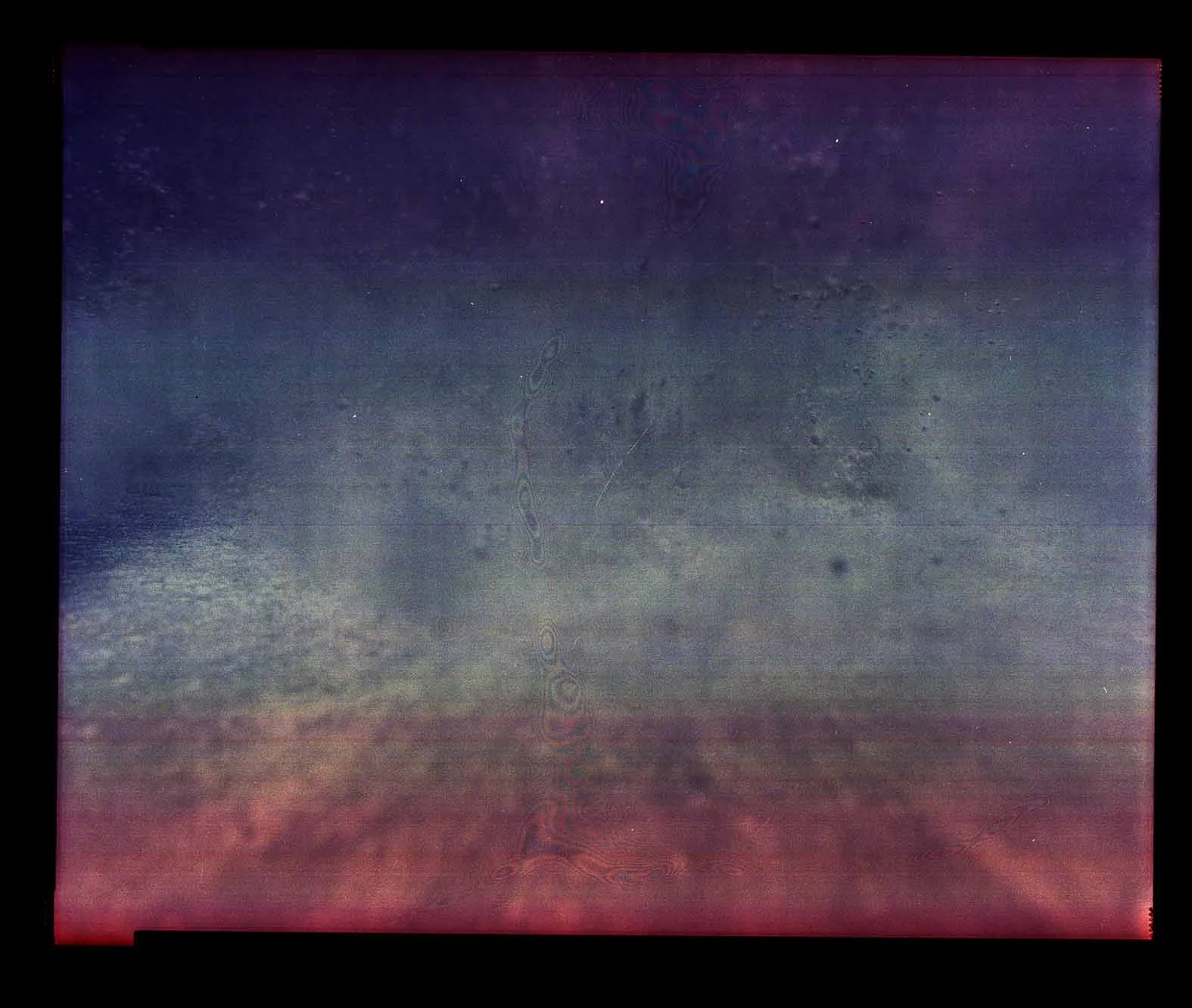
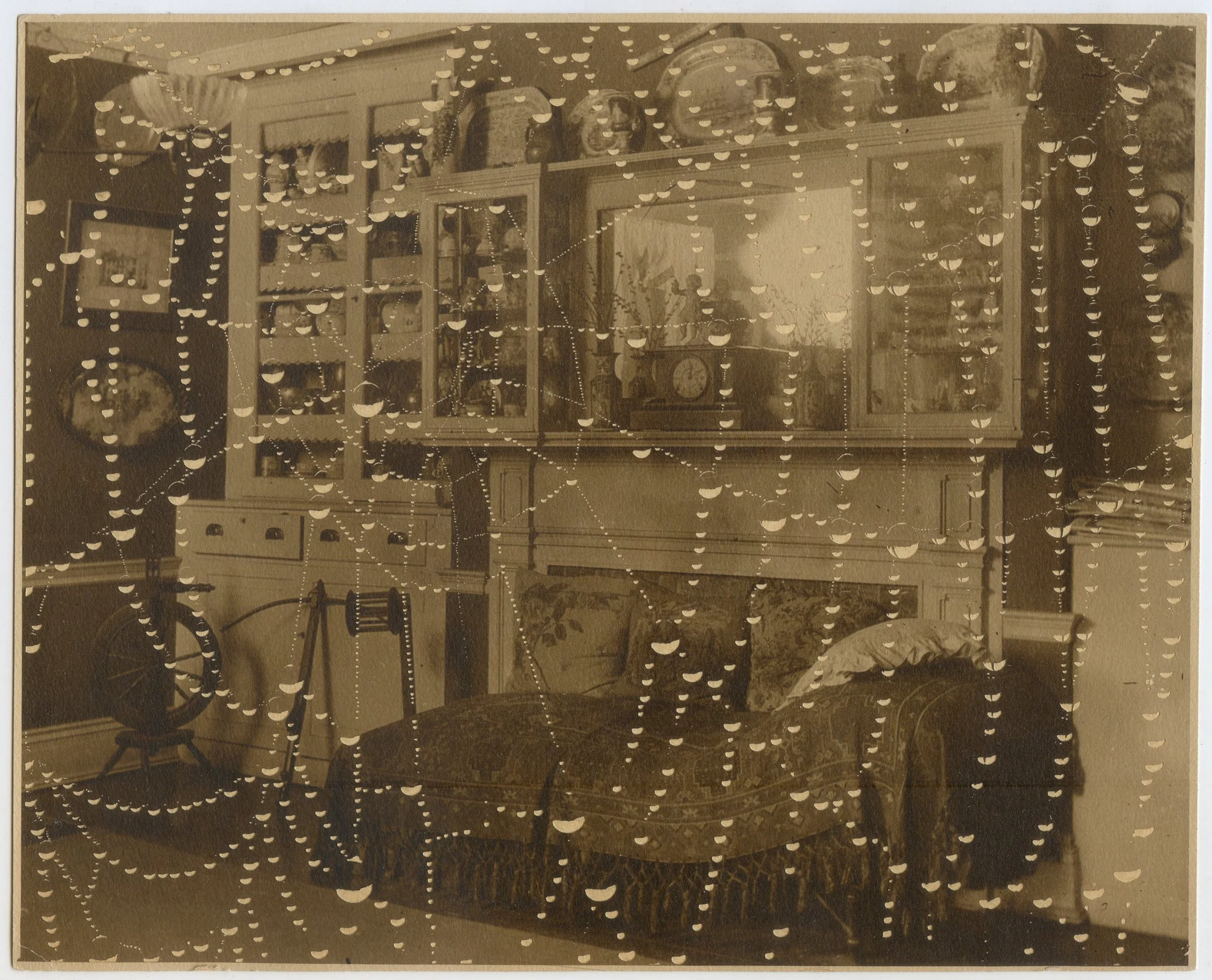
In Taiwan Travelogue, ‘twinned souls… are at once lost, but also found, in translation.’ A review by Eunice Lim.